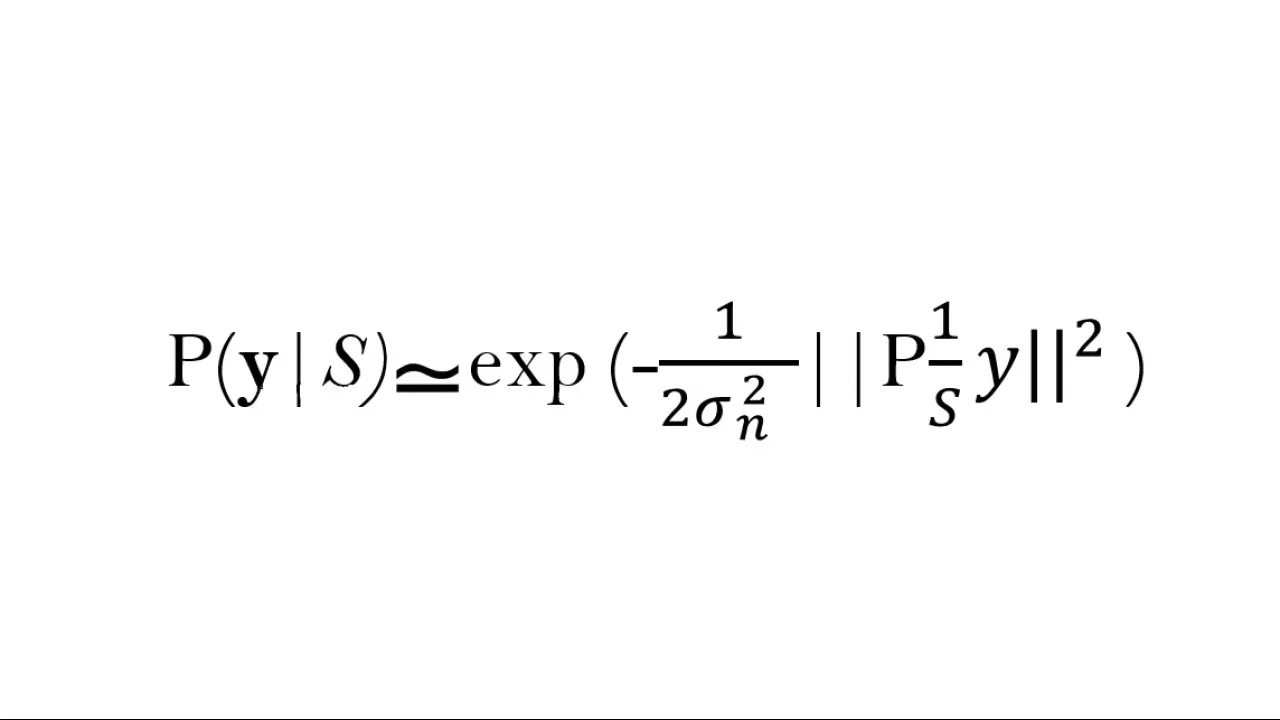
Support agnostic Bayesian Matching pursuit for block sparse signals
Overview
Software Description:
Some signal processing problems can be modeled as finding a sparse solution to an under-determined linear system of equations. There are a number of ways to find the sparse solution. We considered a Matching Pursuit approach that is Bayesian in nature and at the same time agnostic to the distribution of the unknowns. Our formulation involves projection of observations onto the orthogonal complement space of the regression matrix elements. The proposed greedy approach and efficient computation strategies resulted in an algorithm that is faster than many similar algorithms. The algorithm performs better than other algorithms and has been applied to a vast array of problems from communications and image processing.
Please send comments to Mudassir Masood
References:
- Mudassir Masood and T. Y. Al-Naffouri, "Sparse Reconstruction Using Distribution Agnostic Bayesian Matching Pursuit," in IEEE Transactions on Signal Processing, vol. 61, no. 21, pp. 5298-5309, Nov.1, 2013.
- Mudassir Masood and T. Y. Al-Naffouri, "Support agnostic Bayesian recovery of jointly sparse signals," 2014 22nd European Signal Processing Conference (EUSIPCO), Lisbon, 2014, pp. 1741-1745.
- Mudassir Masood and T. Y. Al-Naffouri, "Support agnostic Bayesian matching pursuit for block sparse signals," 2013 IEEE International Conference on Acoustics, Speech and Signal Processing, Vancouver, BC, 2013, pp. 4643-4647.
- Mudassir Masood, L. H. Afify and T. Y. Al-Naffouri, "Efficient Coordinated Recovery of Sparse Channels in Massive MIMO," in IEEE Transactions on Signal Processing, vol. 63, no. 1, pp. 104-118, Jan.1, 2015.